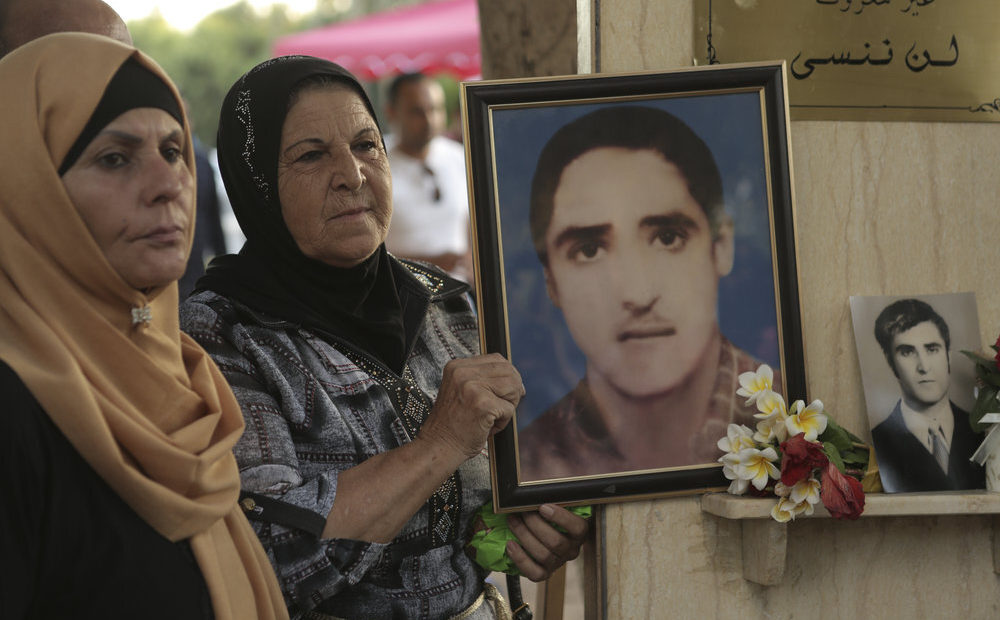During armed conflicts, other situations of violence, natural disasters, or migration, countless people go missing, causing great anguish for their families and loved ones, who often make desperate attempts to find them. Waiting to learn about a missing person’s fate and whereabouts means living in limbo, between hope and despair, facing the pain of ongoing uncertainty and unable to grieve. Such uncertainty has severe psychological and emotional effects. It can also create legal, administrative, social, and economic difficulties.
International humanitarian law (IHL) includes important provisions aimed at preventing people from going missing, clarifying the fate and whereabouts of missing persons, and upholding the right of the families to know the fate and whereabouts of their relatives. States and parties to an armed conflict must take all possible measures to prevent people from going missing, to account for those who do, to protect those that die, and to deal with the consequences of such events. Other bodies of international law, notably International Human Rights Law recognize the right to know of the families of missing persons and contain important provisions to prevent and deal with cases of enforced disappearances, including the obligation to search for disappeared persons and to investigate acts of enforced disappearances.
August 30th marks awareness of this issue, to remember missing people and to express solidarity with their families. In this episode of the podcast, we talk about ICRC’s operational work in this area, the challenges COVID presents, as well as the role of the Central Tracing Agency. Make sure to listen to the bonus audio diaries from both the Portuguese and Australian Red Crosses to get first-hand perspectives from those reconnecting family members. in the Related Links section below. Hosted by Niki Clark.
Audio Diaries:
-
Nicole Batch, Protection Manager, Australia Red Cross: Bringing Closure to Families of the Missing
-
Diana Araújo, Coordinator Restoring Family Links, Portuguese Red Cross: Reconnecting the Elderly during COVID19
Related:
You can find all audio assets and full-length interviews from this podcast here.
*Intercross, the Podcast disclaimer: Just because something or someone is featured here, doesn’t mean we endorse or agree with the institutions they represent. Views expressed on the platforms we may highlight don’t necessarily represent those of the ICRC.*

